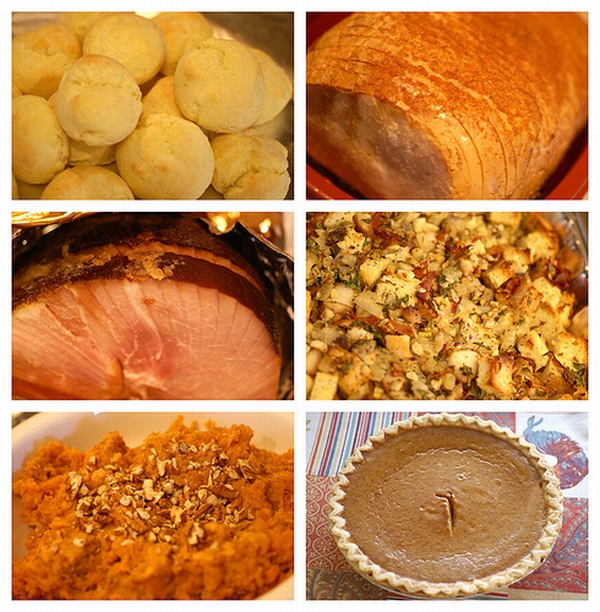Gluten free diet

Celiac disease (celiac sprue) is a disease which disrupts the small intestine and gets in the way of absorption of nutrients. Gluten is a protein which is unsafe for people who suffer from celiac disease. Eating food which has gluten triggers the immune system of the body which damages the small intestine’s lining. This damages results in decreasing of absorption of nutrition. If this disease is not cured, it leads to development of diseases that are triggered by nutritional deficiencies. These are osteoporosis – caused by low calcium absorption, anemia – caused due to iron deficiency.
Gluten is found in rye, barley and wheat. The exact reason which causes celiac disease is not know yet. It is usually inherited. It has been seen that celiac disease is at times also activated by viral infection, emotional stress or pregnancy. There are several symptoms of celiac disease like constipation, diarrhea, gas, weight loss and tiredness. These symptoms are confused with other diseases so generally celiac disease goes undiagnosed. If you are diagnosed with celiac disease, the only treatment is eating diet which is gluten free.
Guidelines for gluten free diet
The following guidelines can help you in eating gluten free diet
1. Avoid starches which contain gluten
Starches you can include:
There are several starches and grains that can be consumed by people with celiac disease. These are arrowroot, amaranth , corn, buckwheat cassava, flax, millet, legumes potatoes, rice, quinoa,, soy, tapioca, sorghum , yucca , nut flours and wild rice.
Starches you should avoid:
You should avoid wheat, wheat barn, wheat starch, wheat germ, wheat protein which is hydrolyzed, cracked wheat, barley, triticale and rye.
2. Consult your doctor regarding oats
Generally people who suffer from celiac disease are advised to avoid oats. The reason being that mostly all types of oats are cross-contaminated with grains which might contain gluten. However, research shows that uncontaminated and pure oats can be included in the diet. But it should be consumed in moderation. Limit oats to one cup of cooked oats or ½ cup of uncooked oats. It is advised that if you are planning to include oats in your gluten free diet , you should consult your doctor.
3. Be cautious of tricky sources of gluten
In some foods wheat is not one of the ingredients, but wheat products and wheat are used for enhancing the texture and the thickness of the food. As wheat is not one of the ingredient it is not mentioned on the product labels. But, according to Food Allergen Labeling and Consumer Protection Act (FALCPA), which came into force since 2044, it is necessary to mention ‘wheat’ in the product label if the food contains wheat.
You should also check that the processed food does not contain rye or barley. There are some foods which are made of grains containing gluten. These are rice mixes, potato chips, bouillon cubes, hard candy, jelly beans, cold cuts, hot dogs, salami, nonfat products, low fat products, sausage, wafers, French fries, matzo, sauces, chips which are seasoned, soups, vegetables in sauce, soy sauce, salad dressings etc. You should avoid these foods.
Gluten is also found as inactive agent in few mouthwash and medicines. These can be identified if in the inactive ingredient’s list you find words like ‘stabilizer’ or ‘starch’. In case of doubt, consult a pharmacist.
4. Evade gluten contamination while cooking
While cooking you should be very cautious not to mix the food which does not have gluten with food which has gluten. For this, clean the surface and utensils thoroughly after cooking gluten food.
5. Be cautious while eating out
If you have celiac disease, you need to be extra cautious and plan before eating out. Research for places or restaurants which serve gluten free food. Discuss and explain to the restaurant staff regarding your concerns. In take away restaurants, fast food joints and quick-service restaurants, the staff might not have time to accommodate your demands. This is a challenge for people who want to eat gluten free diet. You can carry your own supply of rolls, breads or pizza crust so that you are sure that you are eating gluten free diet.
6. Gluten free beverages
People who are on a gluten free diet should be cautious while consuming beverages. Alcoholic beverages which are distilled do not have gluten. These are gin, whiskey and vodka. Distilled vinegar and wine also do not contain gluten. But malt vinegar, lagers and beers are not gluten free and must be avoided.
People suffering from celiac disease can adhere to the above guidelines to avoid gluten in their diet and stay healthy




